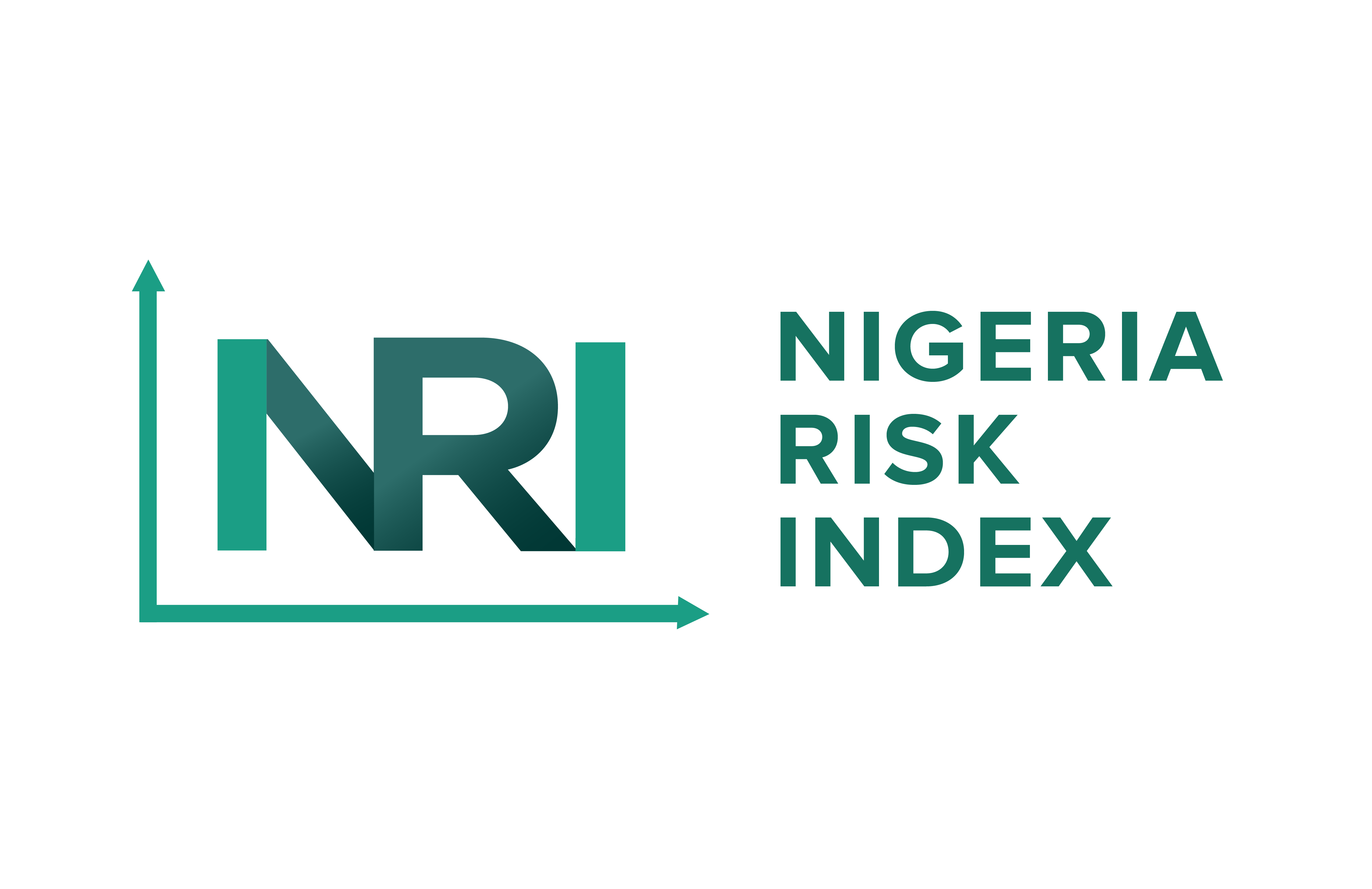Insights
In the small towns scattered across Borno and Adamawa, fear doesn’t announce itself with gunfire. It whispers first. Mothers stop sending their children to school. Traders pack up earlier than usual. Young men gather in smaller groups, looking over their shoulders more often. This is how many residents of Nigeria’s northeast sensed the return of danger long before the first confirmed reports reached the national headlines.
The Data No One Wants to Believe
Between January and April 2024, Borno State recorded 29 attacks linked to jihadist insurgents. Adamawa reported 9. Yobe, 5. It felt like a tense but manageable threat. Then came 2025, In the same January to April window, Borno's attacks surged to 68. Adamawa rose to 27. Yobe’s numbers more than doubled, climbing to 12. What was once feared as resurgence is now undeniable.
Visual Representation of the Rising Attacks (Jan-Apr 2024 vs. Jan-Apr 2025)
The New Face of Terror
Communities are reporting more sophisticated assaults. It’s no longer just ragtag militants riding in on motorcycles. There are now reports of armed drones hovering over villages before night-time raids begin. Commercial drivers along key roads like Maiduguri-Damboa and Mubi-Gombi describe ambushes so well-planned, they seem to anticipate military patrols.
Even displacement camps aren’t safe. Survivors recount how attackers slipped in under the cover of darkness, targeting both civilians and security forces, forcing already traumatized families to flee once again.
Malam Ibrahim, a displaced father from Madagali, captured the mood perfectly. His voice trembled as he spoke of watching his neighbors leave everything behind for the second time in four years. “We thought it was over,” he said quietly. “We started rebuilding, planting again. But they came back. Stronger. Faster. Smarter.”
What’s Fueling This Concerning Comeback?
While military operations continue across the northeast, gaps in intelligence and local surveillance remain. Weapons continue to flow in from Libya and the Sahel. Desperate youth, faced with unemployment and poverty, are easy targets for radical recruiters. And the borders with Cameroon, Chad, and Niger remain dangerously open, giving fighters freedom to move and regroup.
This is not just about Borno or Adamawa. What starts in these remote areas will eventually reach Nigeria’s major cities. Every attack on a rural village weakens national stability. Every life lost chips away at community trust. Every displaced family represents a future at risk.
A National Wake-Up Call
This is bigger than military deployments. It requires listening to the people who live with this fear every day. Their knowledge is Nigeria’s first line of defense. Ignoring these early warnings is a mistake the nation cannot afford to make again.
As Nigerians, we all have a role to play. First, stay alert. Avoid traveling alone through isolated roads, especially at night. Keep emergency contacts saved on your phone, including local security agencies and trusted family members. If you live in or visit high-risk areas, try to stay connected with verified community watch groups.
Most importantly, if you see something, say something. Suspicious gatherings, strange movements, or abandoned packages should be reported immediately to local authorities or security hotlines. Silence gives terrorists room to operate. Information - no matter how small - could save lives.

The Risk Control Team
